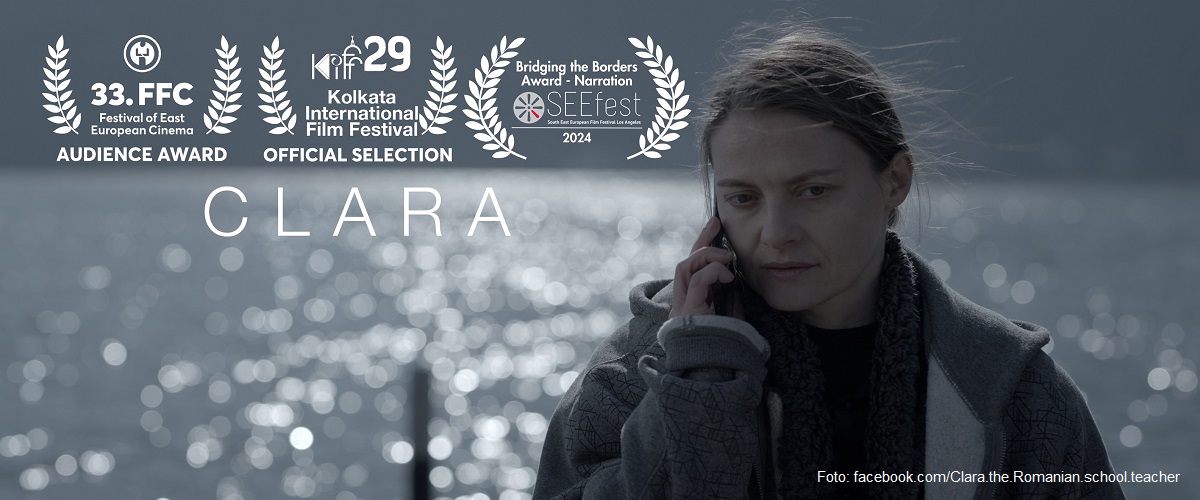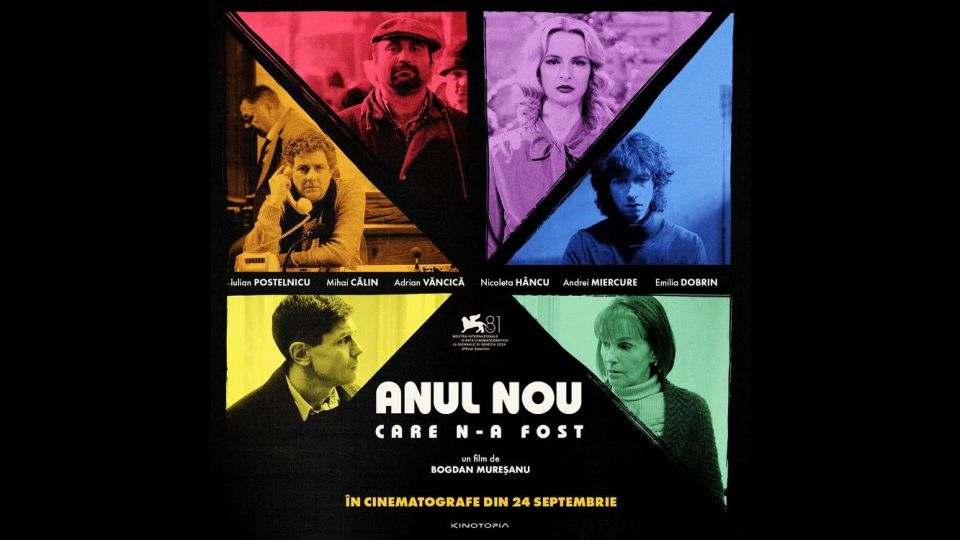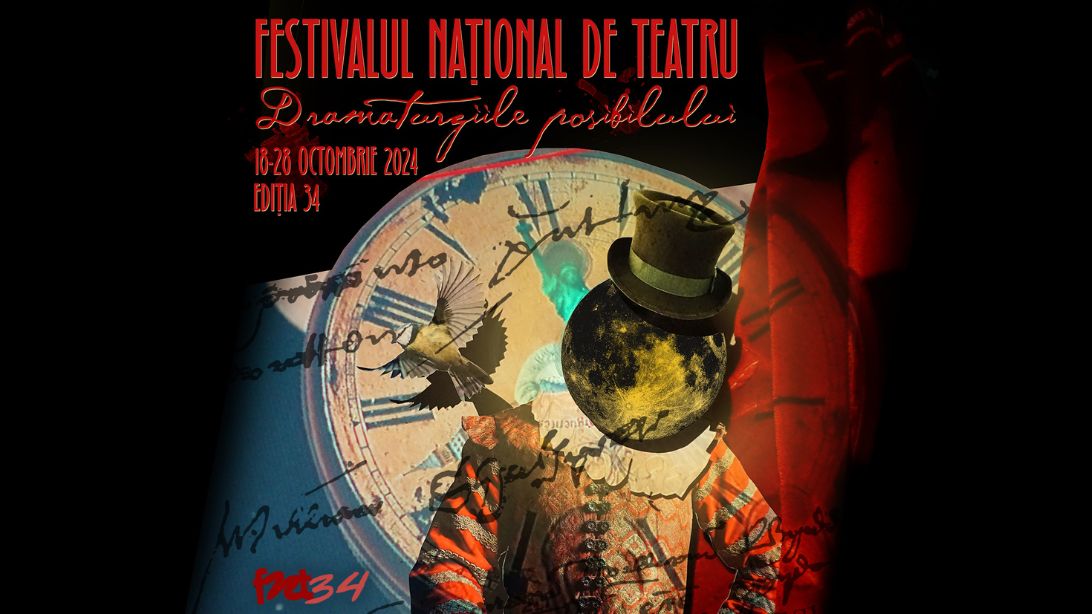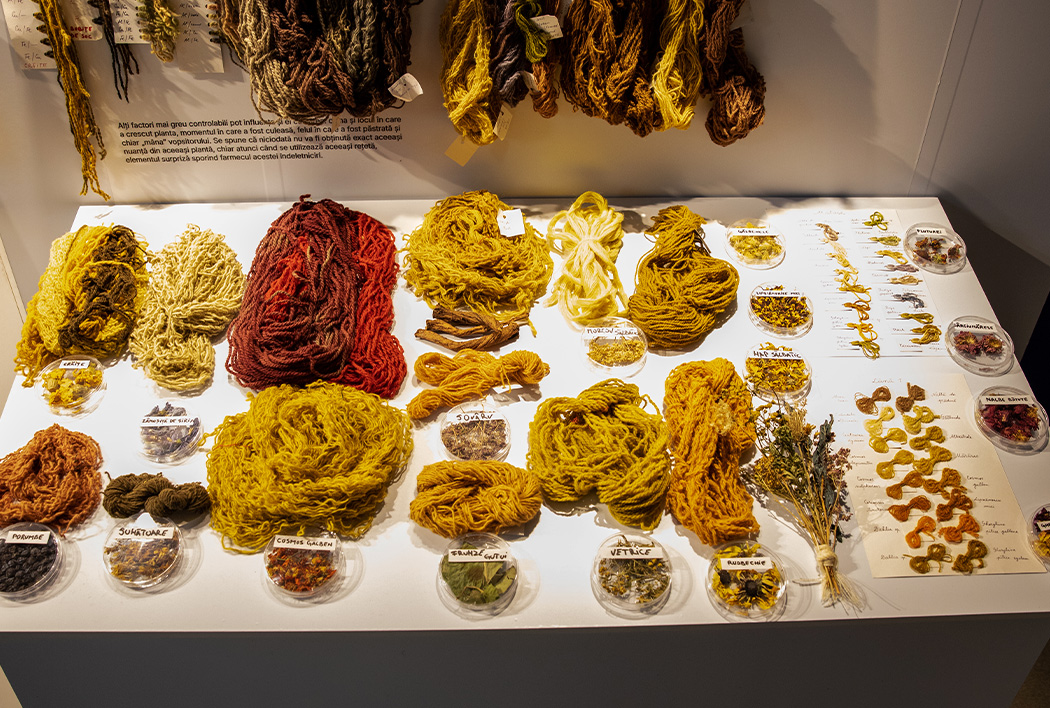The Andrei Serban Travelling Academy
This feature looks at the series of workshops coordinated by Andrei Serban.
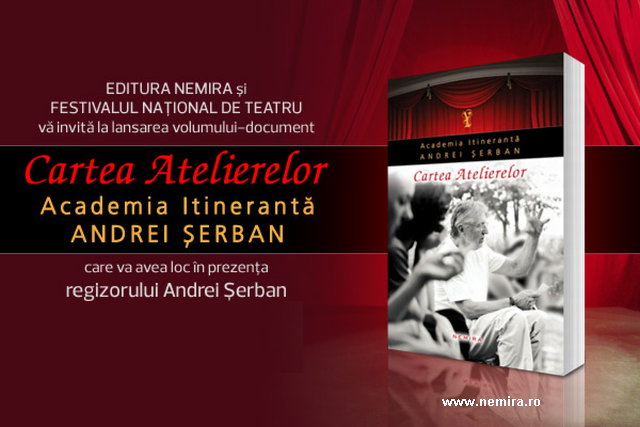
Luana Pleşea, 21.12.2013, 12:03
In 2007, stage director Andrei Serban jointly with Corina Suteu, the then director of the Romanian Cultural Institute in New York, launched a series of theatre workshops addressing the youth in particular. The series was held under the title “The Travelling Academy”. Workshops were open not only to actors, stage directors, art directors or musicians, but also to “people who are young at heart from various walks of life”. Earlier this month the Nemira Publishers launched a volume entitled “The Andrei Serban Travelling Academy — the Book of Workshops”, coordinated by theatre critic Monica Andronescu with Cristiana Gavrila. Here is what Monica Andronescu told the book launch conference:
“I believe this volume is unique in Romania. We needed such a book, we needed someone to document this unique and extraordinary phenomenon”.
The book brought out by Nemira Publishers reconstructs the “mysterious” image of Andrei Serban’s Academy. In turn, the stage director himself tried to unravel this mystery.
“What are we missing? What do we need? Such questions were the underlying source of these activities. We work with different forms and directions, some in theatre, others in other fields. But each and every one of us lacks something or needs something. At the same time, we all relate to this search for something. The workshops were a form of escaping, for all of us who attended. Just like the characters from “As you like it”, who leave town, heading to the woods due to the unbearable pressure of society”.
The workshops held so far as part of the Travelling Academy took place in Plopi, Horezu, Ipotesti and Mogosoaia. Each had its own focus. The first workshop was centred on Tatiana Niculescu Bran’s fiction novel “Deadly Confession,” which was also staged at the famous “La MaMa” Theatre in New York.
“The first workshop, in the Apuseni Mountains, was an attempt to see how we can meet, how we can bring together people who didn’t know each other, actors, musicians, fine artists, writers. We lived together for 10 days, seeing if we could discover something. In this case, we had Tatiana Niculescu’s book, which we tried to see if we could live ourselves. The second workshop, in Horezu, was based on Brancusi’s life and work. Many of the actors did not know each other, but became a family. We met very early in the morning for practice. At noon we all had lunch together, this was a feature of every workshop. We all sat together, and instead of forming small groups, we all had to pay attention to everyone else, to passing the salad bowl around, we had to notice when someone was asking for bread, when they were running out of water in their glass… The idea was to not eat just for myself, to not eat with my usual greediness, but to eat more calmly and with more respect towards peers.”
In the workshop in Ipotesti the center of attention was Eminescu, while in Mogosoaia the protagonists were Caragiale and Shakespeare. It is fairly difficult to grasp the essence of these meetings in one book. Monica Andronescu explained how she designed the volume called “The Andrei Serban Travelling Academy – the Book of Workshops:
“The book is made up of testimonies, tales from the field, interviews and essays. I believe that once you read that book, you know there is a school there, teaching you how to live, how to live in theatre, and how to do theatre. I believe this is very important. How did I lay out my texts? I tried to have Andrei Serban speak in the introduction, to tell us what this academy meant, what it meant for him. Then there is the text written by Corina Suteu, to whom we owe the book, because if it hadn’t been for her these workshops would not have existed. Then we put in the foreground the Travelling Academy, which had a different destiny, it was designed based on a book by Tatiana Niculescu-Bran, ‘The Tanacu Confession’. Then there were the testimonies of the people who participated in the workshops in Horezu, Mogosoaia and Ipotesti. The book ends with another text by Andrei Serban which will certainly impress readers.”
A testimony in the book belongs to actor Marius Manole, who also attended the book launch:
“I met Andrei Serban in Horezu, at a workshop that personally I will never forget. It was one of the most beautiful moments I have experienced in my entire career in Romanian theatre. It may sound like big words, but the workshop in Horezu was a true revelation to me. Because I had started to lose confidence in theatre, since things were not happening the way I wanted. In Horezu I met some very talented, great actors from Romania and we realized that a good actor has a fantastic potential and efficiency, that we can wake up very early in the morning and work until late at night if we are interested in what we’re doing, we realized that a show can be made in 5-6 days, that our imagination knows no boundaries, and that there must be someone who knows how to put our potential to good use, to understand us and make us thrive…because I will never again believe that a bad show is to be blamed on the actor.”
We end with the words of director Andrei Serban, who will tell us about the essence of the Travelling Academy:
“These workshops can be an inspiration for the young at heart to move one step forward. It’s the path towards a new type of education which none of us benefited from before. These workshops are a wake up call. Matisse used to say that art was a comfortable armchair. In other words it’s addictive. It has every chance to make you fall asleep, become passive. Unfortunately theatre today continues to have this soporific effect, with several exceptions of course. That’s why we need to escape!”

